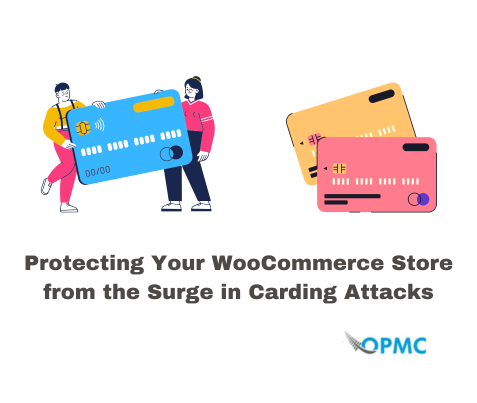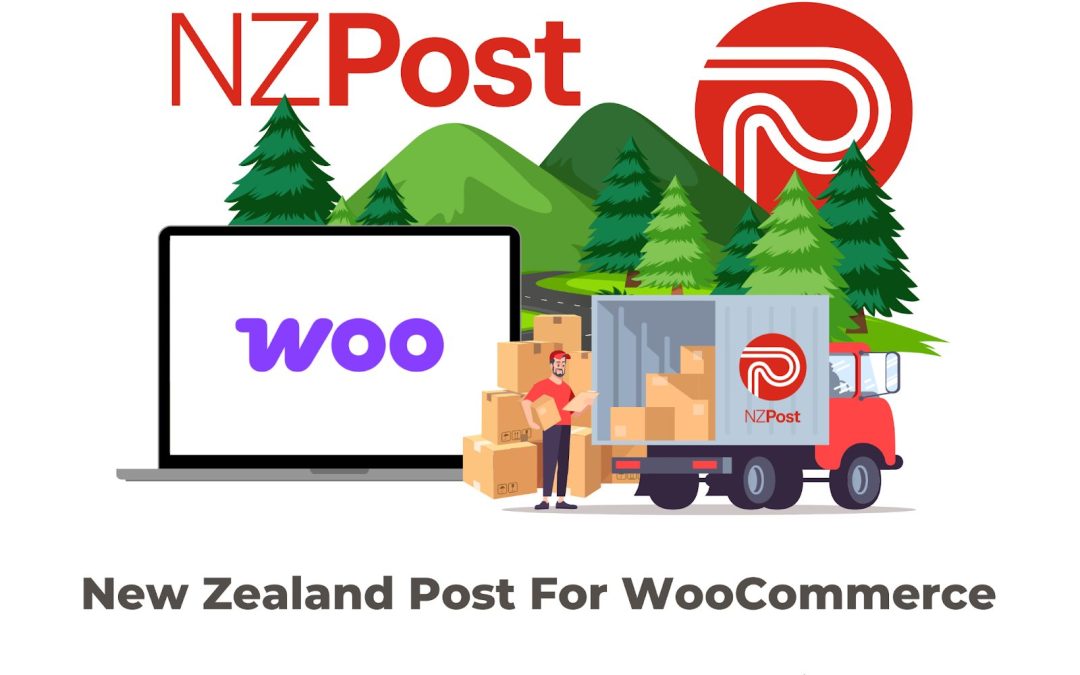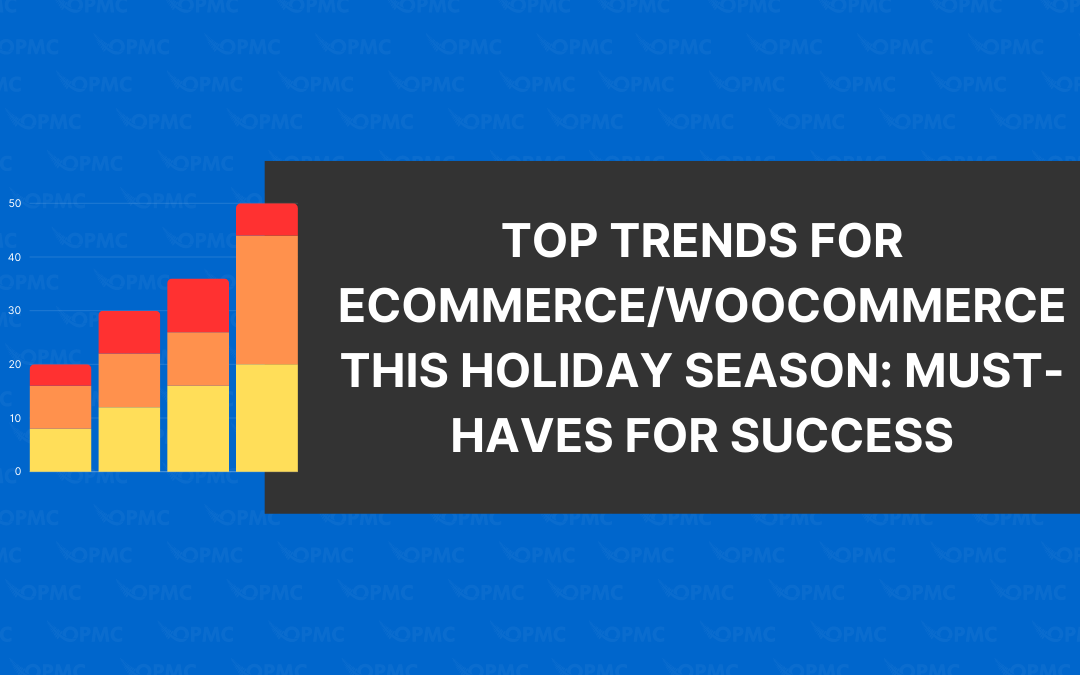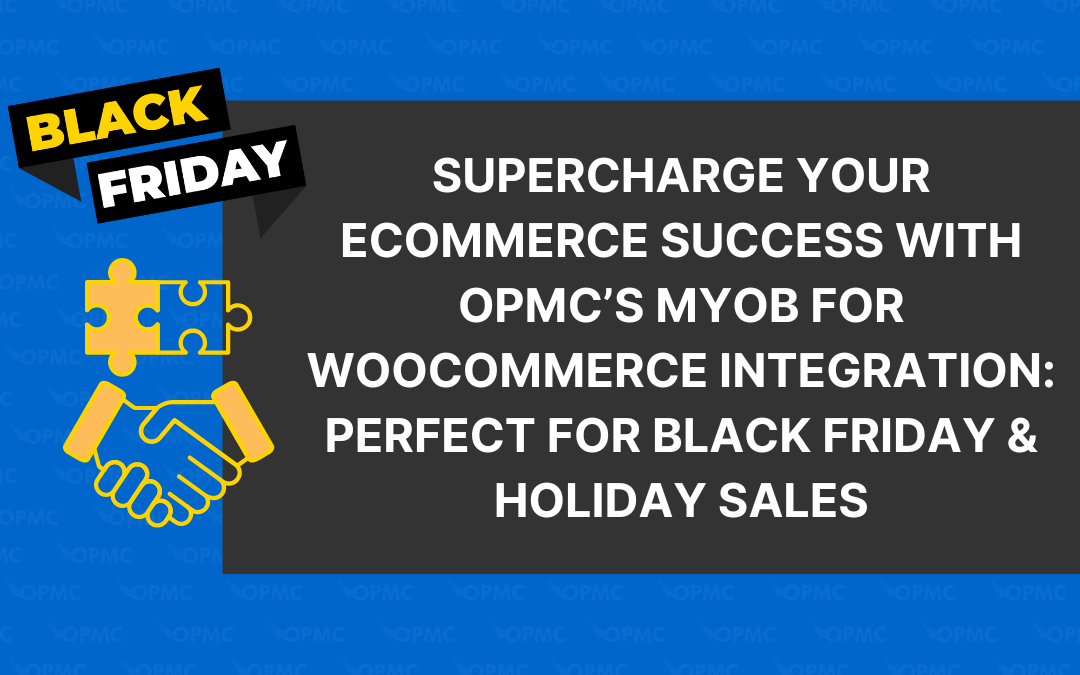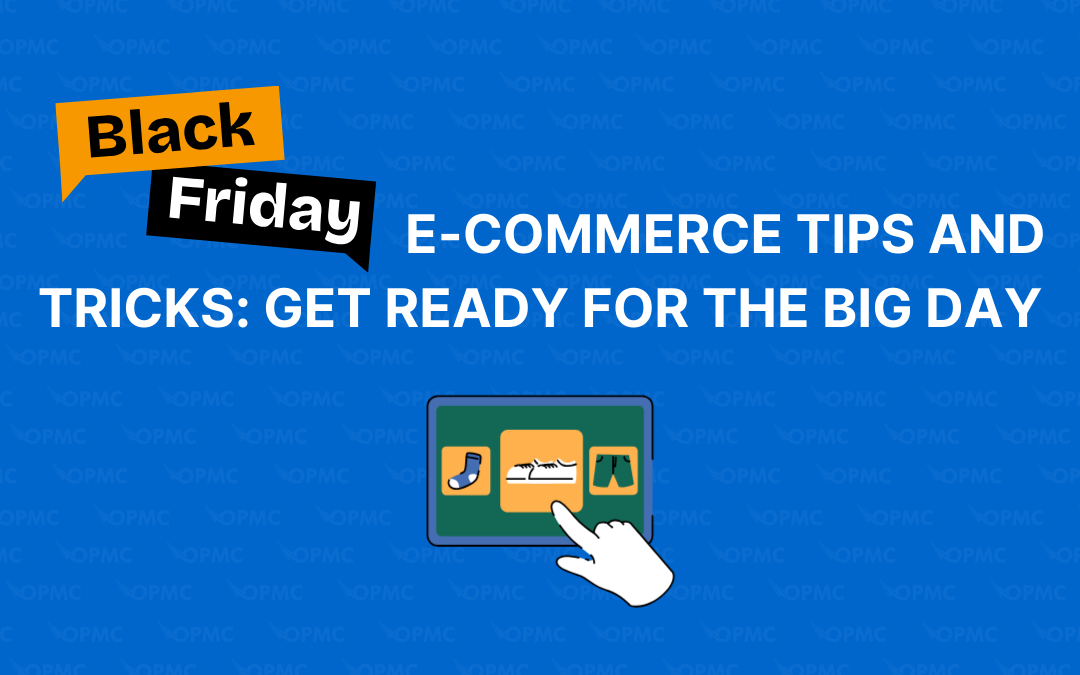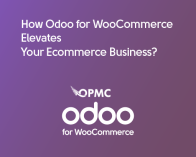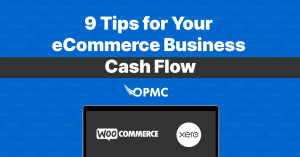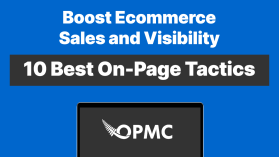For anyone starting or operating an online business, understanding the technical aspects of VPNs & proxy servers may be a bit outside of their wheelhouse. Simply put, these tools hide the identities of consumers, meaning you can no longer offer your user a unique, personalized, or enhanced experience.
If you learn nothing else from this article, remember that using tools like these will allow users to get around your cybersecurity measures and lessen the experience with your online storefront. That leads to fewer sales and higher instances of fraud.
Let’s get into the details so that when this topic comes up, and it indeed will, you have a fair starting point to find a good solution.
What is a VPN?
A VPN, or virtual private network, is a way to connect to the internet while encrypting your data so that no one can see it. A VPN acts as an encrypted tunnel between your computer and your connected server.
This means that if anyone were to intercept your communications with a VPN running (which is nearly impossible), all they would see is scrambled gobbledygook. Your connection will be more secure because of this encryption — but this also means that governments and corporations won’t be able to know what you’re doing online.
The idea behind using a VPN is simple. If someone wants access to something on your computer, they’ll have trouble getting it if there’s no direct connection between them and what they want (in this case, your data). By connecting through a proxy server instead of directly accessing the internet without any sort of protection at all—like with an unencrypted WiFi network—you effectively put up an extra barrier between yourself and whoever might want access.
What is a Proxy Server?
A proxy server is an intermediary between a user and the internet. It acts as a go-between for a user’s computer and the internet, routing information back and forth between them.
Proxy servers are typically used by people behind firewalls or countries with censorship laws that prevent access to specific websites.
For example, if you live in China and want to access Facebook or Twitter (which are both blocked), you can set up a proxy server in another country on your computer so that it appears like your IP address is coming from there instead of China.
How Does this Tech Harm Ecommerce?
Before we hit our list, remember again that this technology means you cannot communicate with your target customer because there is nothing to be tracked or profiles to understand. That lowers your potential sales.
Other than that, here are some considerations for dealing with VPNs, proxy servers, and your online store.
1 – Not All Traffic is the Same
When you look at your website’s traffic, it’s easy to get lost in all the numbers. You may notice that a lot of people are coming from different locations around the world. Some of these visitors may be from countries that seem unusual or unfamiliar to you, but they’re accessing your website through a VPN or proxy server.
These visitors could actually be bots, trying out an automated script that tries random websites until it finds one with an open port or vulnerability. If this happens often enough, someone might see and exploit those vulnerabilities on purpose. Their actions can cause real damage: slowing down servers, scraping data, or even stealing money (or identities). These fraudsters love to hide behind VPNs and proxy servers.
2 – Slows Down User Experience
Not only does VPN usage slow down your users’ online experience, but it also makes your company look bad. When you slow down the user’s experience, they tend to be less satisfied with the product or service you offer, which means fewer repeat customers.
In addition, when your site loads slowly due to VPNs and proxies, you risk losing business from potential customers who may choose not to buy from a website that takes too long to load. This can easily result in lower sales conversions for websites and an overall decrease in revenue for businesses looking for ways to grow their bottom line.
Proxies are just as bad as VPNs in terms of slowing down user experience because they require extra steps on behalf of those trying to navigate through them (i.e., entering usernames & passwords).
3 – VPNs & Proxies Screw Up Your Analytics
IP addresses are like phone numbers for web pages and applications. They tell advertisers where to send their ads (and where they should NOT send them). If someone uses a VPN or proxy, their IP address changes, meaning all the information about where they’ve been browsing suddenly becomes useless for targeting purposes.
This can directly affect your marketing efforts, ads, and personalized experiences across your website and all social media platforms.
4 – Allows Blocked Fraudsters through Cybersecurity Efforts
While most of us are familiar with the concept of a proxy server, many might not realize that these servers allow fraudsters to bypass traditional security measures.
A proxy is an intermediary between two computers. If someone you have blocked from accessing your website is using a proxy server, they may be able to get around any blacklists and conduct business as usual. This can be a massive problem if this someone is looking to make false orders with stolen credit cards.
5 – VPNs & Proxies Are Security Risks
Virtual private networks (VPNs) and proxies can hide your identity and location. Unfortunately, they can also be used to commit fraud, cyber attacks, identity theft, and cyber extortion or espionage.
When you use a proxy server or a VPN to hide your actual IP address, it’s harder for companies like PayPal or banks to verify who you are. This means that if someone uses a proxy or VPN for criminal purposes – like credit card fraud – it will cost everyone more money in the long run because customers won’t feel safe using the service at all anymore.
VPNs & Proxies are a Growing Problem for Online Businesses
The number of people using VPNs has steadily increased over the years. This means more consumers are seeing your ads, but not actually buying your products because the content is irrelevant to them.
If you’re not using a VPN, you probably don’t know how many consumers are using them to get around ad blockers or otherwise avoid paying for services like Spotify or Netflix. Everyone, from teens to retirees, are using these tools to avoid paying for content they enjoy consuming when it’s available for free elsewhere (or illegally).
Like most online entrepreneurs, you know that the internet is full of opportunities. If you have an idea and a website, it’s possible to grow your business by reaching more people worldwide.
But as your site grows in popularity, so do the risks associated with running it—particularly when it comes to security and fraud. And while there are many ways to protect your site against these threats, VPNs and proxies can make them worse.
That is why we encourage anyone starting an online business or reconfiguring the ecommerce platform they are using to reach out to our expert team at OPMC. Besides offering a wide range of useful apps, plugins, and extensions for platforms like Shopify, WooCommerce, BigCommerce, and Magento, we also create custom solutions to improve your online business.
We know the challenges of operating in a highly flexible space and can help you handle customers using VPN and proxy servers whether they are trying to protect themselves, or steal from your business. Reach out today, and let’s schedule a time to chat.

